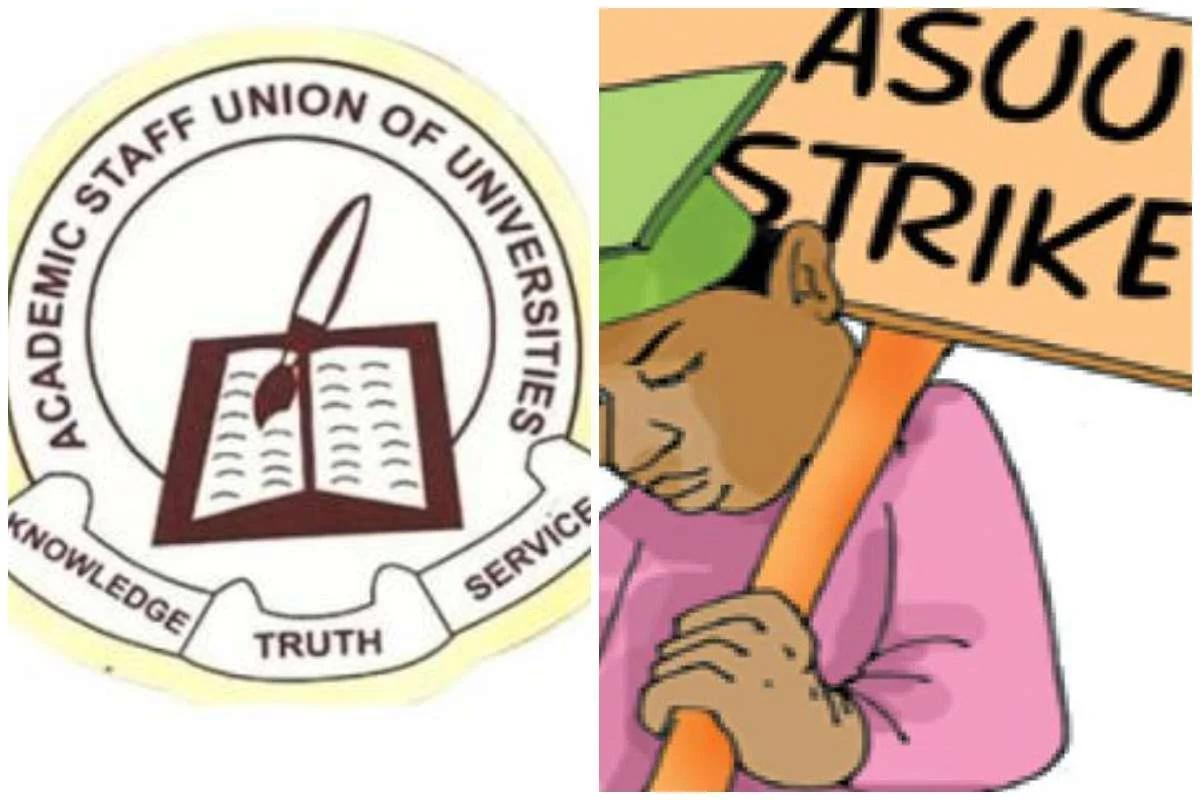The Academic Staff Union of Universities (ASUU) strike in Nigeria is not a new phenomenon. It has been a recurring issue for decades, with lecturers embarking on strike actions to demand better working conditions, improved welfare packages, and a revamp of the Nigerian educational system.
The latest ASUU Strike Update, which began on March 23, 2020, amidst the Covid-19 pandemic, is the most prolonged strike in the history of Nigeria’s academic system. As the strike enters its eighth month, the effects are beginning to show in the educational sector and students’ academic pursuits.
The ASUU Strike Update: A Brief Overview
The ASUU strike is a nationwide protest embarked upon by academic staff in Nigeria’s public universities.
It is a collective action to demand improved working conditions, better facilities, increased funding, and higher wages for lecturers, among other issues. ASUU, which was established in 1978, has held several strikes to press home the need for government intervention in several aspects of the education sector.
The current ASUU strike began on March 23, 2020, with the union citing the Federal Government’s failure to fulfill its 2019 Agreement and the Memorandum of Action (MoA).
The MoA contains agreements between the Federal Government and ASUU, covering areas such as funding, conditions of service, and academic freedom. This latest strike has lasted over eight months, with no resolution in sight, causing serious implications for the affected parties.
Implications of the ASUU Strike
The ASUU strike has far-reaching implications for the students, university administration, and the nation at large. The strike action has halted academic activities in public universities, leading to a delay in the completion of examinations and graduation. Students’ mental health and overall well-being are being negatively impacted by the prolonged strike, leading to frustration and agitation.
The university administration has also been severely affected, with most institutions’ academic calendars disrupted. The ASUU strike has led to an unprecedented delay in the resumption of academic activities, even after the COVID-19 pandemic had subsided.
Furthermore, the Nigerian education sector is losing its reputation globally because of the perennial ASUU strikes. Nigerian universities have been ranked low in international rankings, leading to a decrease in enrollment by international students.
The quality of education is also being compromised, as most universities lack access to modern technology and equipment needed to undertake research.
Attempts to Resolve the ASUU Strike
The Nigerian Government has made several attempts to resolve the ongoing ASUU strike. However, most have been unsuccessful due to the failure to implement prior agreements reached between the government and the union. Some of the proposals and agreements made to resolve the strike include:
1. The provision of funds for the revitalization of the university system.
2. Implementation of the 2019 agreement and the MoA.
3. Release of funds for the payment of earned academic allowances (EAA), which have been outstanding for several years.
4. Establishment of Visitation Panels to address governance issues in Nigerian universities.
5. The provision of a COVID-19 intervention fund for the education sector.
However, the government is yet to fulfill these proposals, leading to a continued stalemate.
Conclusion
The ASUU strike has been a recurring issue in Nigeria’s educational system for decades. The current strike, which has lasted over eight months, has far-reaching consequences for students, university administration, and the nation at large.
The strike action has halted academic activities, leading to a delay in the completion of examinations and graduation. Furthermore, students’ mental health and overall well-being are being negatively impacted by the prolonged strike.
Attempts to resolve the strike have been unsuccessful due to the government’s failure to implement prior agreements reached between the parties.
The Nigerian education sector is losing its reputation globally because of the perennial ASUU strikes. Nigerian universities have been ranked low in international rankings, leading to decreased enrollment by international students.
It is time for the government to prioritize the education sector and provide adequate funding and infrastructure to address the issues in the system. The resolution of the ASUU strike should be the government’s top priority, as it affects not only the welfare of academic staff but also the overall development of the nation.

















